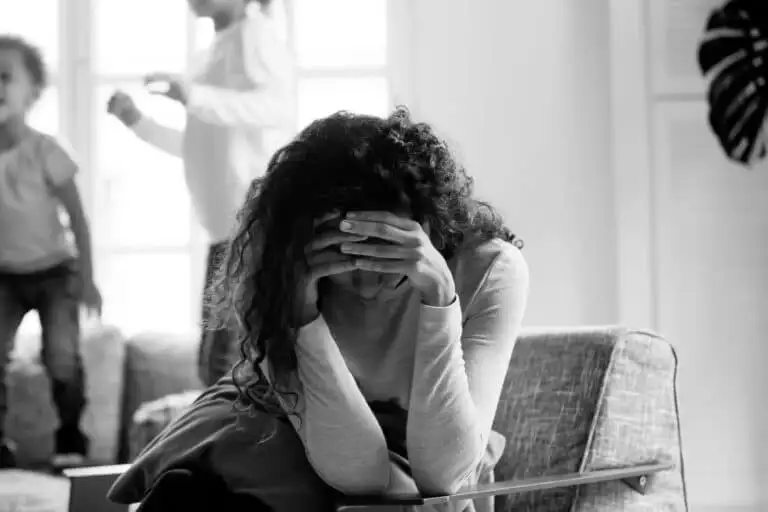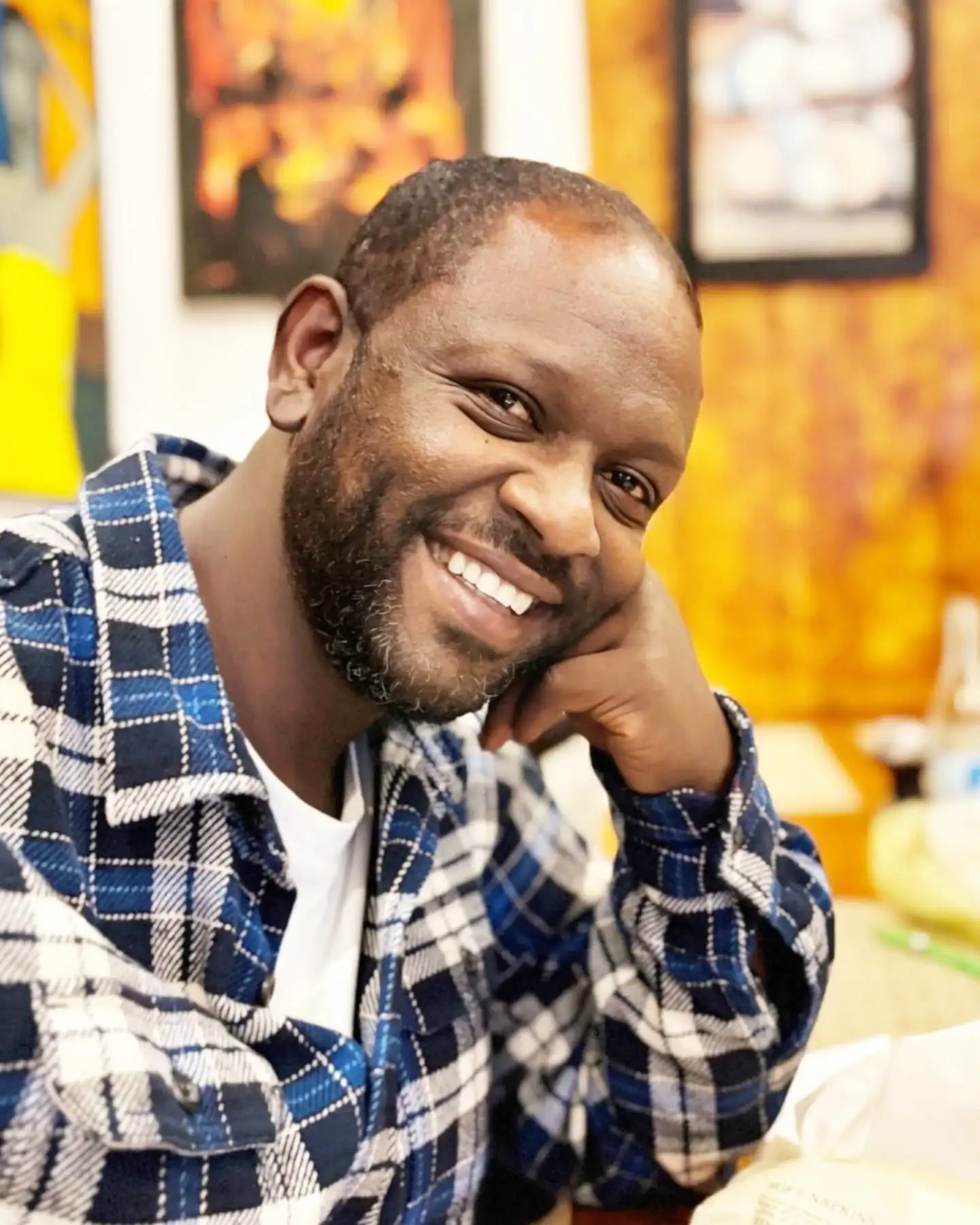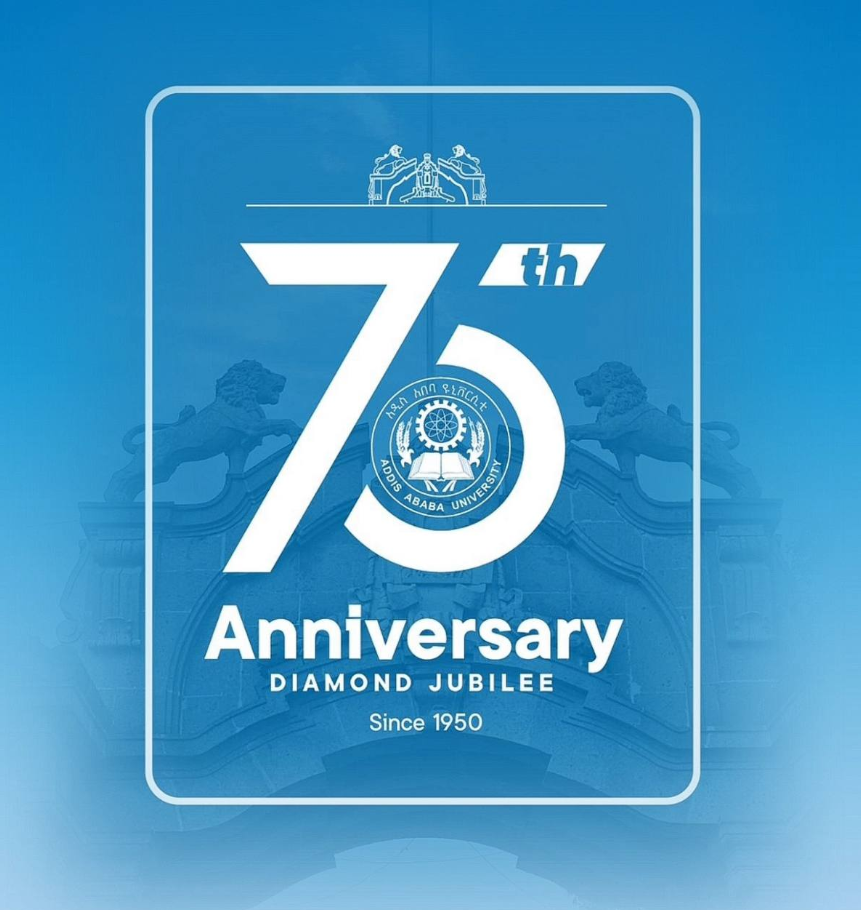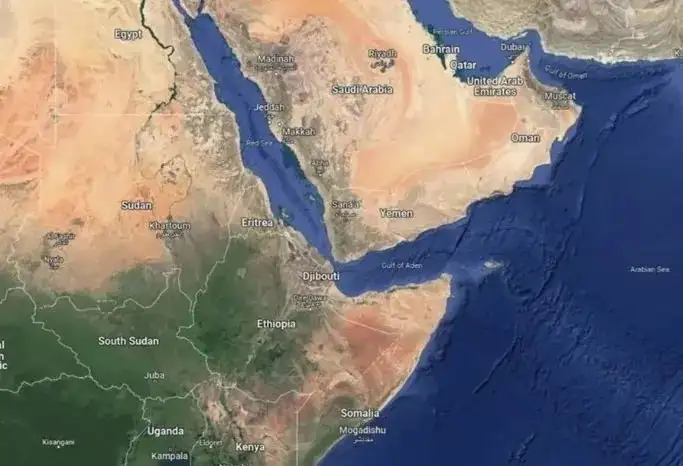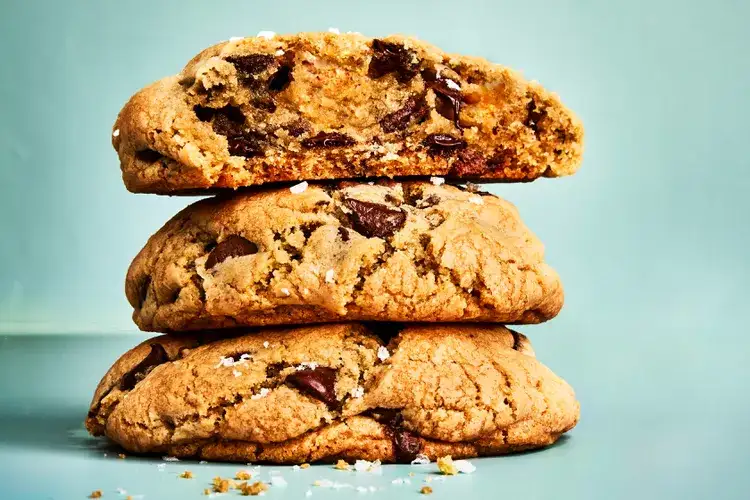By: Staff Contributor
There are moments in parenting that feel like a complete betrayal of the heart. You're holding on by a thread, trying to maintain a semblance of calm, when the smallest thing sends you over the edge. Maybe it's the third time you’ve asked them to put their shoes on, or the tenth time they’ve ignored a simple request. The patience you thought you had for days suddenly evaporates, replaced by a hot, stinging frustration that rises up from a place you don't recognize. And in those moments, a part of you feels like you’ve failed entirely.
It’s the kind of frustration that builds up until you’re yelling, and maybe even doing something you swore you’d never do, like smacking them on the hand or giving them a stern, sharp tap. The moment it’s over, a cold wave of self-loathing washes over you. You hate yourself for it. You hate the person you become. “I should have been more patient,” you think. “They’re just kids. It’s my job to be the adult.” But your ego, that stubborn, fragile thing, just won't let you back down. It’s a ridiculous, silent war you wage against yourself, especially when they’re giggling at you, knowing just which buttons to push to drive you crazy. You're a parent, a protector, the person who would literally put themselves in front of a bus for them, yet in that split second of anger, a frightening thought crosses your mind—a fear that you could actually hurt them if you don't get a grip. It’s a terrifying, awful truth about the human condition, this capacity for pain coexisting with an overwhelming love. And it hurts. So, you cry. You cry because you’re ashamed of your actions, and because you hate that the last person on earth you would ever want to hurt is someone, you're capable of inflicting pain on.
And then something magical, almost incomprehensible, happens. The storm passes. The tears stop. You’re sitting there, defeated, still feeling the sting of the argument, punishing yourself for every raised voice and every unkind word. But a few minutes later, you hear their little feet padding down the hall. They appear in the doorway, a look of complete innocence on their faces. "Mommy, look what I drew," or "can we play a game?" They call your name as if nothing at all has happened. It is as if they have erased the entire incident, wiped the slate clean, and started over.
I look at them and I'm filled with both relief and a profound sense of envy. How can they just let it go? How can they come to me, still trusting, still loving, when I just hurt them? They don't hold a grudge. They don't carry the weight of what just happened. They simply move on. They are living proof that forgiveness is not a long, complicated process but a choice made in an instant. They find it in their hearts to start over without remembering the pain, the heartbreak, or the failures. Unfortunately, that kind of resilience seems to apply only to children.
We, as adults, hold on to everything. I carry the guilt of that moment with me long after they have forgotten. While they’re playing, my mind is still replaying the scene, obsessing over what I could have done differently. I find a new reason to blame myself, unable to make peace with the mistake. I punish myself, not with an outward act, but with a quiet, internal torment. It’s a cycle of self-criticism that is so ingrained in us; we hardly notice it. We can empathize with strangers, forgive our friends for their mistakes, and offer comforting words to anyone who is suffering. But when it comes to ourselves, we are our own worst critics. We're our own harshest judges, looking for a flaw in every action and finding a reason to put ourselves down over one mistake, or a couple of mistakes.
Looking at my kids, I wish I had their superpower. The ability to let go, to forgive, and to start fresh without remembering the pain. The ability to trust that love is bigger than any single moment of frustration. In their simplicity, they teach a profound lesson: that the most important kindness we can offer is the one we give to ourselves. That being kind to yourself is just as important as being kind to others, even though it’s not always easy. It’s a journey, not a destination, to learn to quiet that inner critic and finally grant ourselves the same grace we so readily extend to others.
